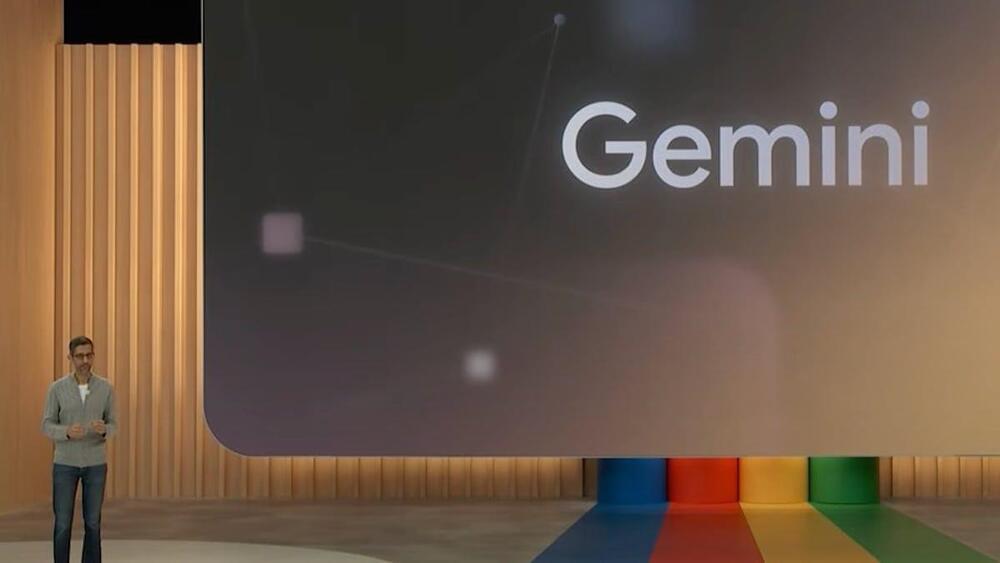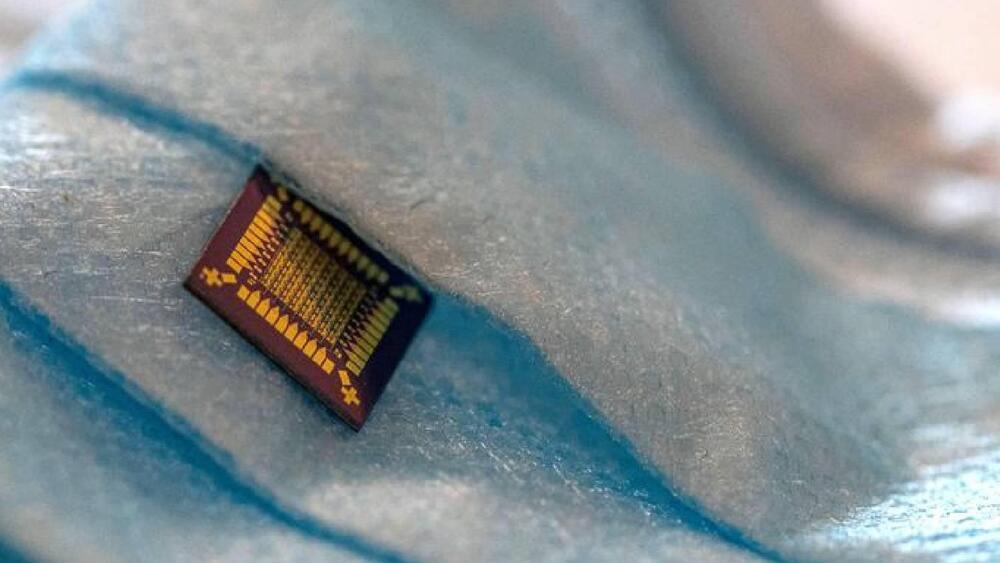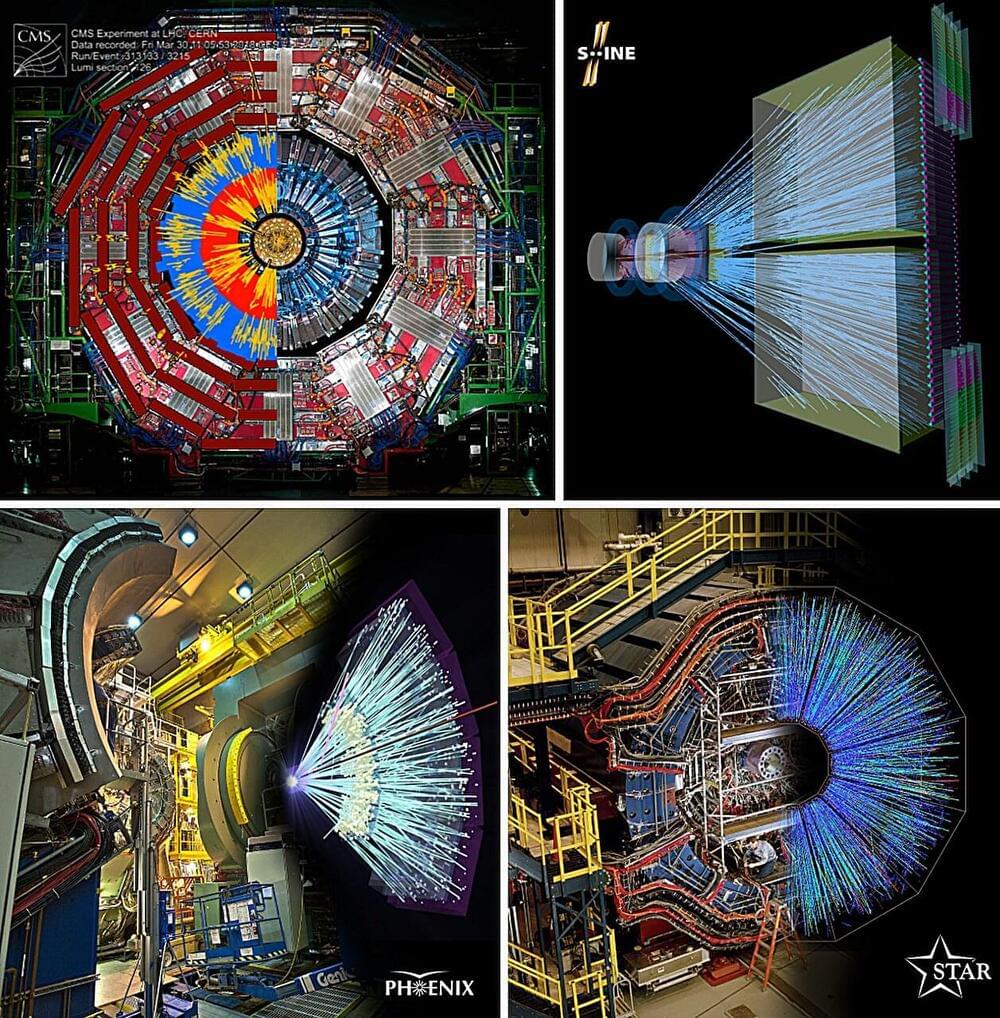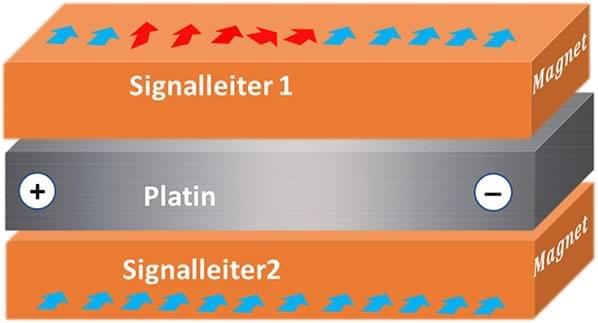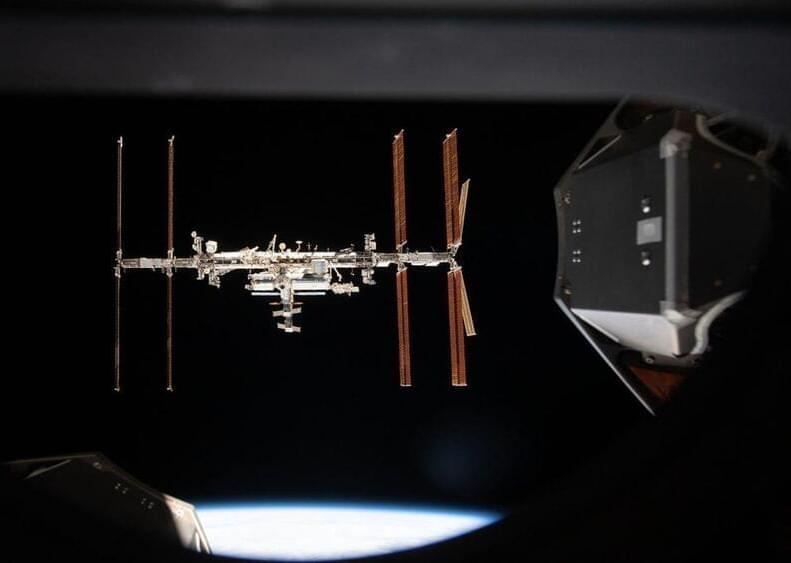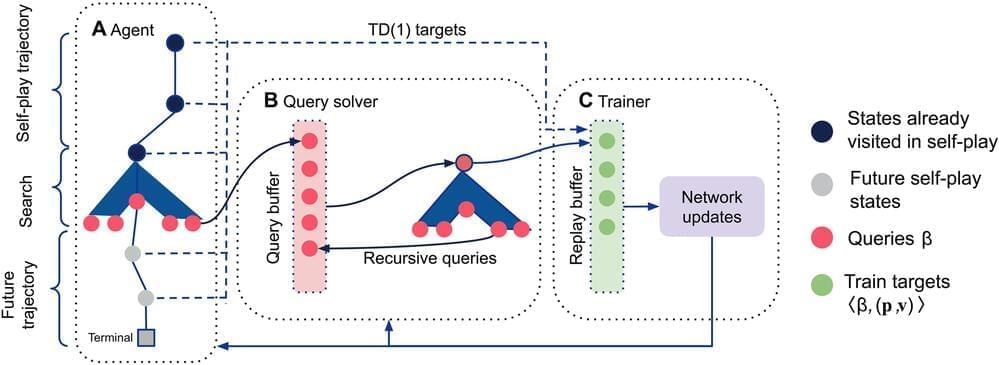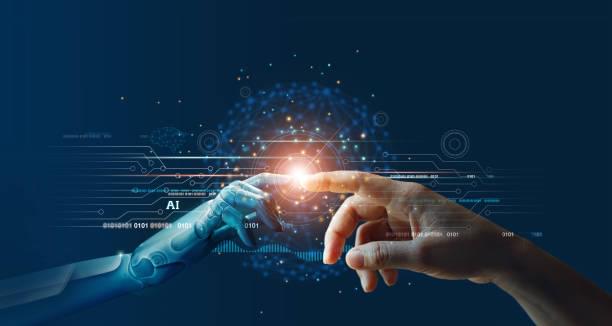Google’s company-defining effort to catch up to ChatGPT creator OpenAI is turning out to be harder than expected.
Google representatives earlier this year told some cloud customers and business partners they would get access to the company’s new conversational AI, a large language model known as Gemini, by November. But the company recently told them not to expect it until the first quarter of next year, according to two people with direct knowledge. The delay comes at a bad time for Google, whose cloud sales growth has slowed while that of its bigger rival, Microsoft, has accelerated. Part of Microsoft’s success has come from selling OpenAI’s technology to its customers.
